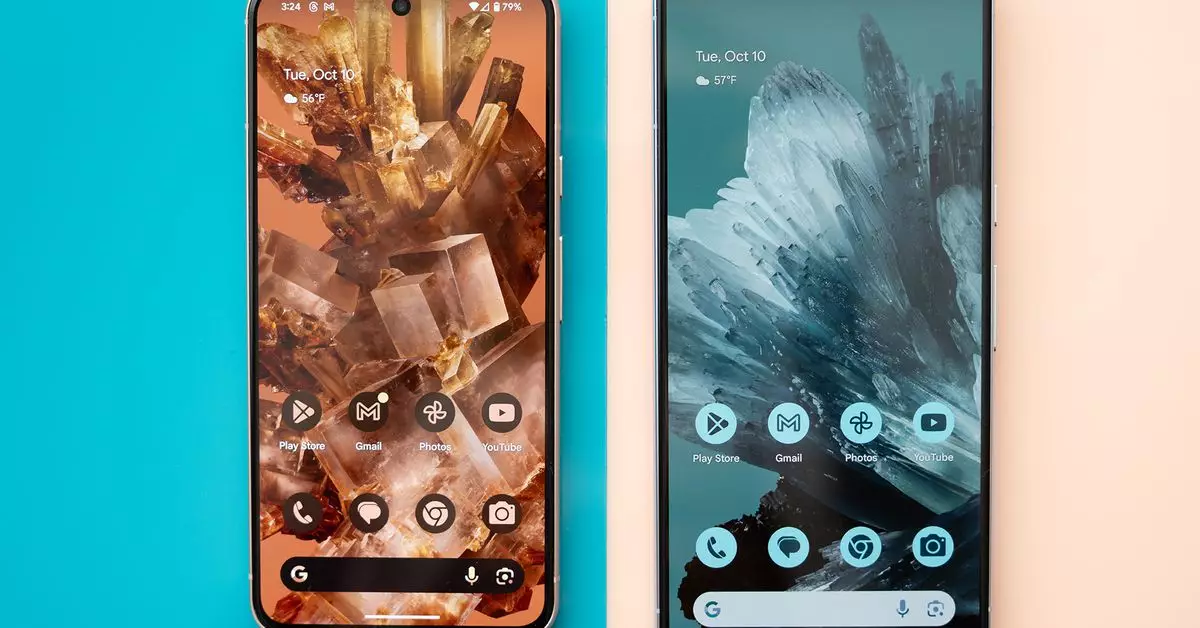In a world where technology is constantly evolving, the use of AI gadgets has become increasingly popular. As a reviewer with 10 years of experience in consumer tech, I have had the opportunity to explore various AI devices. Recently, I came across the Humane AI Pin, which claims to represent cutting-edge consumer tech. However, upon closer inspection, it became apparent that the future of AI gadgets may actually lie in our smartphones.
The Humane AI Pin, while innovative in its concept, falls short in terms of performance. Equipped with a Snapdragon processor from four years ago and a custom version of Android 12, it essentially functions as a midrange Android phone. The idea of having a separate gadget for AI functionalities may seem appealing, but the reality is that standalone devices struggle to match the capabilities of smartphones.
In an attempt to create my own AI wearable using a smartphone, I experimented with different prototypes. From clamping a Motorola Razr Plus to my shirt to running ChatGPT on a Pixel 8, I encountered various challenges along the way. It became evident that integrating AI capabilities into existing smartphones was a more practical approach than relying on standalone devices.
Smartphones possess powerful processors, sophisticated wireless connectivity, and efficient design that make them ideal platforms for AI integration. By leveraging existing features and functionalities, smartphones can seamlessly incorporate AI technologies without the need for additional gadgets. The convenience and practicality of using a smartphone for AI applications are unmatched.
As technology continues to advance, the future of AI gadgets appears to be closely intertwined with smartphones. Devices like earbuds and smartwatches complement smartphones, offering a holistic AI experience. While dedicated AI hardware may have its place in the market, the widespread adoption of smartphones as AI devices is a testament to their versatility and efficiency.
While the Humane AI Pin may have sparked interest in standalone AI gadgets, the practicality and functionality of smartphones ultimately make them the future of AI devices. By harnessing the capabilities of existing smartphones, we can unlock a world of possibilities in AI technology. As we move towards a more connected and AI-driven future, smartphones will continue to play a central role in shaping the way we interact with technology.


Leave a Reply